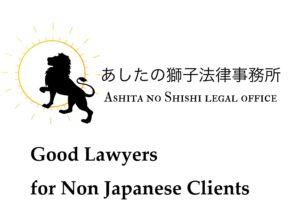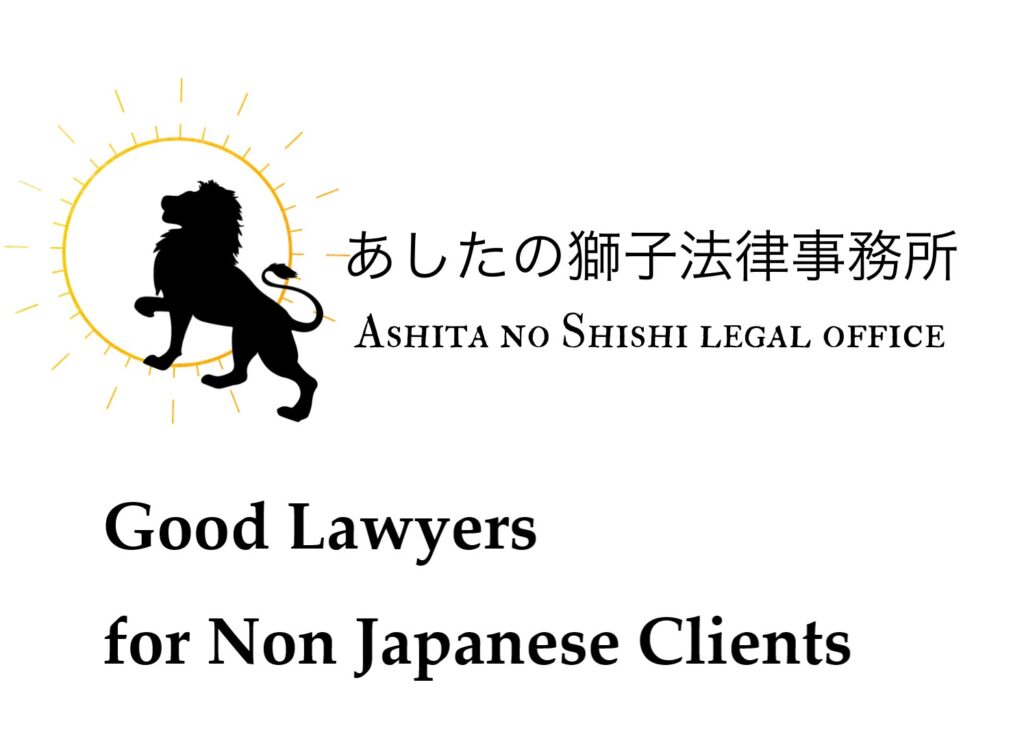How can We fight against unfair dismissal?
I was told that my company is going to fire me. But I think the reason for the dismissal is not fair. What should I do to fight against my company?
Every year, many people including non-Japanese employees are dismissed by companies in Japan. If the dismissal is unfair, of course, you should fight against it and get the dismissal cancelled. Or you should at least claim compensation for the loss caused by the dismissal.
But what exactly you should do? And what you shouldn’t?
First thing you should do
Atsuro Tsujino, an attorney at Ashita no Shishi Legal Office, explains,
“If you are wrongfully dismissed, it is important to have the company clarify in writing the fact that you were dismissed by the company and the reasons for that.”
Otherwise, Mr.Tsujino says, the company may later claim that it was not a dismissal (解雇 Kaiko) but an agreed termination of the employment contract. Or, the company may claim that it was only a recommendation for resignation(退職勧奨 Taishoku Kanshō), not a dismissal.
In addition, if you do not ask clarification about the reasons for dismissal, it is likely that the company will later add some reasons that they did not initially consider. For example, a company which initially dismissed an employee for poor sales performance may later add reasons such as misconduct, harassment, or lack of competence.
Some companies do not clarify in writing the fact of dismissal and the reasons for that. In such case, it is important to record the company’s statements using voice recorder at the workplace to get proof of the actual situation.
Do not submit a Resignation Letter.
Since Japanese companies usually know that dismissal is not easy according to Japanese Labor Standard Act, they often try to get your resignation letter.
Even if your company asks you to write a resignation letter in a friendly attitude, You should not follow the request. Once you submit it, your company will claim that you were not fired, you just voluntarily resigned.
To Claim Back Pay
If the court finds that the dismissal by a company was not permissible, the employee will be entitled to claim back pay for the period of absence. To claim the backpay, however, the employee must inform the company that he or she is willing to return to work at any time if company requests to do so.
Otherwise, the employee may not be able to claim Back Pay as he or she has lost the intention to work. Therefore, if you are dismissed, you should send a content-certified letter (内容証明郵便 Naiyō Shōmei Yūbin)to the company, claiming that the dismissal is invalid and clearly stating that he/she has the intention to return to work.
May I claim Dismissal Notice Allowance ?
The Labor Standards Act requires companies to notify the workers at least 30 days in advance of the dismissal, or if they do not give such notice, they must pay Dismissal Notice Allowance (解雇予告手当 Kaiko Yokoku Teate)which is at least 30 days’ worth of average wages.
However, if you want to fight against dismissal, you should refrain from claiming the Dismissal Notice Allowance, because claiming the money may be regarded as your acceptance of the dismissal.
Conclusion
If you are unfairly dismissed, you should clearly tell your employer that the dismissal is unfair and invalid and you want to continue to work for the company. Japanese companies know that they cannot easily fire you, so they will take various measures to make you agree to the termination or give up your rights to fight against them. In order to counter such attempts by companies, it is important to consult with a lawyer who has experience in labor disputes and act carefully to protect your legal rights.












